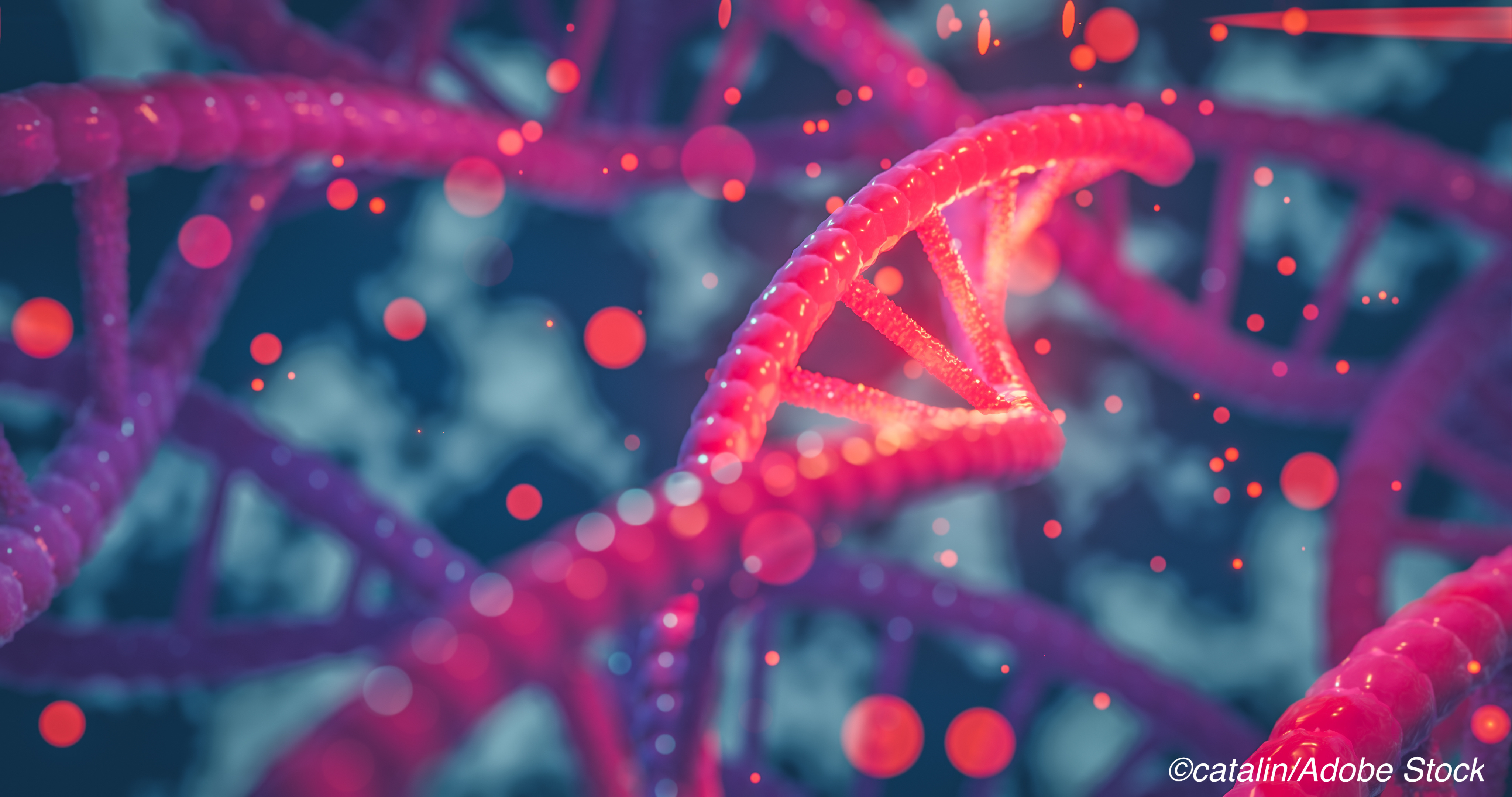
WASHINGTON — The FDA approved a next-generation sequencing (NGS) liquid biopsy companion diagnostic to detect tumor mutations in patients with metastatic non-small cell lung cancer (NSCLC).
The agency noted that this new test, the Guardant360 CDx, is the first approved diagnostic test to combine liquid biopsy and NGS. Liquid biopsy, which uses a blood sample to provide genetic information on a tumor, is less invasive than tissue biopsies and can be used in cases when standard tissue biopsies are not feasible — meanwhile, NGS uses large-panel genetic sequencing that only requires one test to assess tumor composition, allowing the test to simultaneously detect mutations in 55 tumor genes. The FDA granted this test a Breakthrough Device designation.
“Approval of a companion diagnostic that uses a liquid biopsy and leverages next-generation sequencing marks a new era for mutation testing,” said Tim Stenzel, MD, PhD, director of the Office of In Vitro Diagnostics and Radiological Health in the FDA’s Center for Devices and Radiological Health, in a statement. “In addition to benefitting from less invasive testing, patients are provided with a simultaneous mapping of multiple biomarkers of genomic alterations, rather than one biomarker at a time, which can translate to decreased wait times for starting treatment and provide insight into possible resistance mechanisms.”
The test is indicated to identify mutations of the epidermal growth factor receptor (EGFR) gene for patients with metastatic NSCLC who will benefit from treatment with osimertinib, the FDA noted. “Genomic findings for other biomarkers evaluated are not validated for choosing a particular corresponding treatment with this approval,” the agency noted. “If the specific NSCLC mutations associated with today’s approval are not detected in the blood, then a tumor biopsy should be performed to determine if the NSCLC mutations are present.”
This test is manufactured by Guardant Health.
John McKenna, Associate Editor, BreakingMED™
Cat ID: 24
Topic ID: 78,24,730,24,192,725


